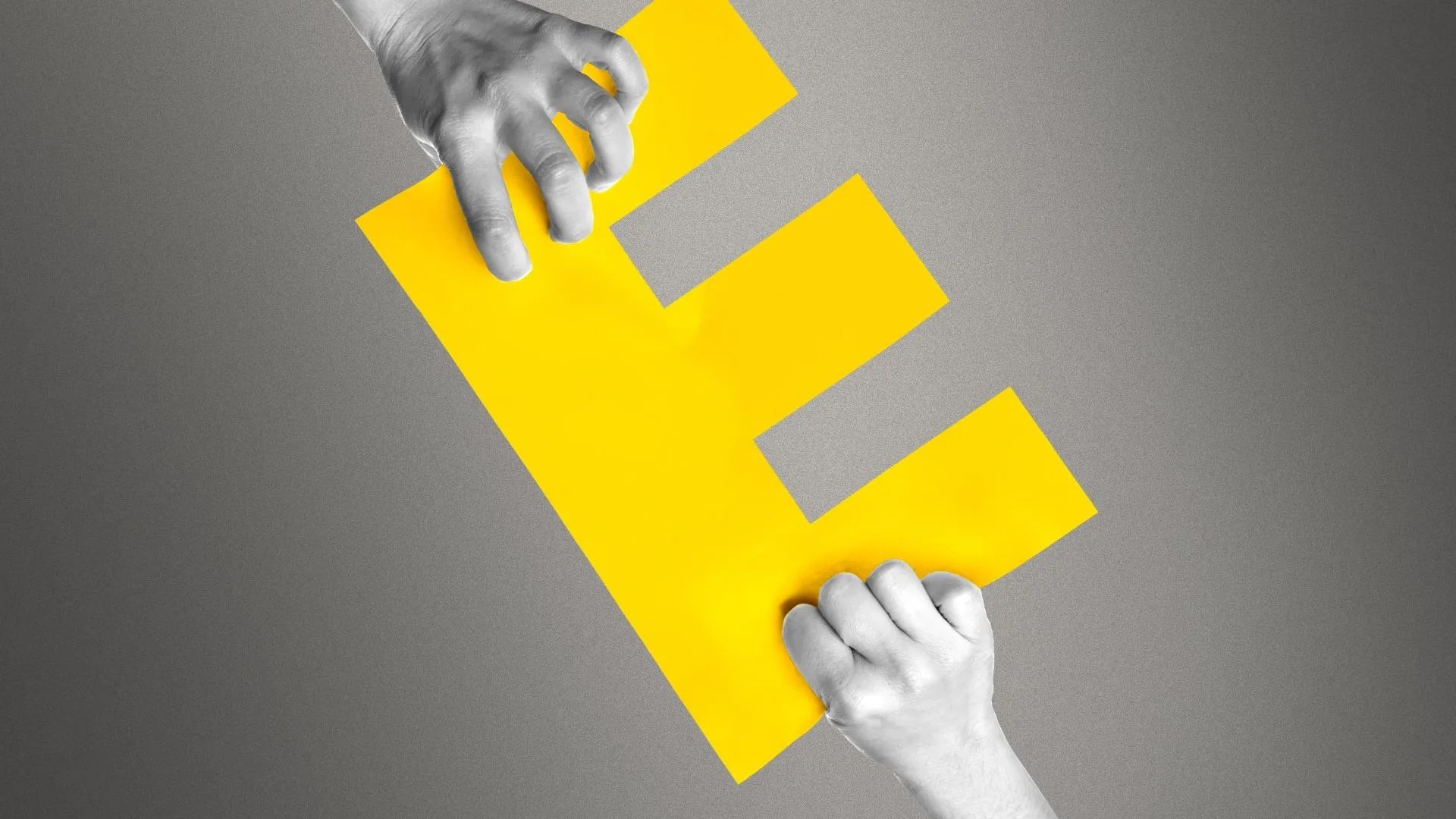A diverse group of professionals, including wheelchair users and employees with headphones, collaborate in a modern office, promoting workplace inclusion and accessibility.
Who gets to be "disabled enough"?
That’s the uncomfortable debate unfolding in workplaces across the country—and one I recently discussed in The Wall Street Journal alongside Justina Plowden and Keely Cat-Wells.
As more employees request accommodations, some worry we’re stretching the definition of disability too far. But here’s the real question: Are we diluting the meaning of disability, or are we finally acknowledging the full spectrum of barriers people face?
Here’s where I stand: Pitting disabilities against each other is dangerous. It’s not up to me, an employer, or anyone else to decide whose disability is “valid enough” to deserve support. If someone says they need an accommodation, believe them. Full stop.
And yet, many disabled employees don’t feel safe disclosing their disability at all. Why? Because they know what happens next:
🚫 They’re seen as less competent.
🚫 They’re overlooked for promotions.
🚫 They’re often the first to go in layoffs.
This is why so many people don’t ask for accommodations, even when they’re legally entitled to them. It’s not simply that remote work itself makes disabled employees more vulnerable—it’s that stigma and workplace bias make disclosing a disability a risk.
I appreciate WSJ and Callum Borchers for giving space to this conversation, and I hope it pushes more employers to rethink how they support disabled workers—both those who disclose and those who don’t.
Disabled Workers Debate Who Is Really One of Us







